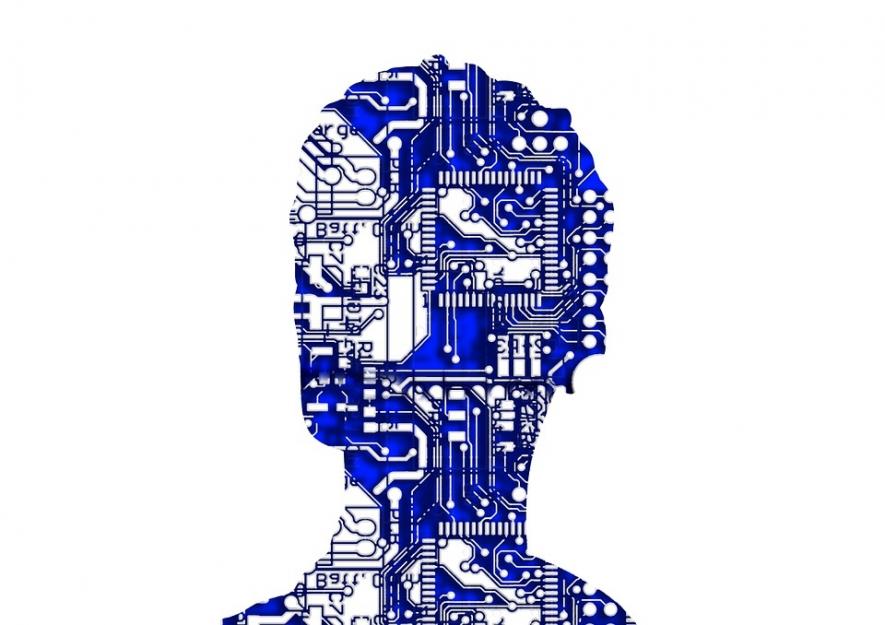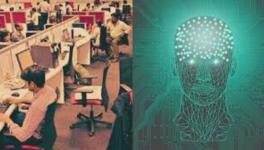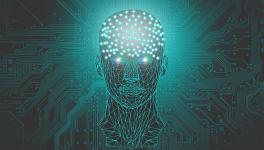What Jobs Can Machine Learning Replace?

Machine learning (ML) and artificial intelligence have slowly been making their way into the workforce, performing tasks, and replacing humans in certain jobs. An article published in Science talks about the implications of advancing AI on employment and the economy. While it starts off by stating that machines cannot perform the full range of tasks that humans can, it also recognises that, “The case that technological advances have contributed to wage inequality is strong.”
The article, authored by Erik Brynjolfsson and Tom Mitchell from MIT and Carnegie Mellon University, discusses in depth the kind of tasks that can be performed by machine learning today, and the kind for which humans cannot be replaced.
The takeaway from the article is that machine learning is a general technology that will find its way in everything humans do, and restructure our methods of performing jobs. The need for humans will not vanish, but they will have to work in a manner different than the present. While certain old jobs may disappear with machines completely replacing humans, new kinds of jobs will emerge requiring skillsets that will differ from what the human workforce currently possesses. Not only will the affected humans need to re-skill themselves, but to ease the impact this can potentially have, considerable attention will be required from policy-makers, business leaders, and others.
Machine learning algorithms are good at performing tasks which are clearly defined, and which require analysis of input data to arrive at an output. For instance, classification is a task algorithms are getting increasingly good at. They can analyse images of different dogs and tell which breed each dog is. Or, they can look at medical records and predict the likelihood of cancer. Some of these can be performed better by machines than humans, such as credit card fraud detection.
The Indian IT industry has been facing turmoil in face of this automation. There have been layoffs and a decrease in recruitment as simple coding is being automated. Automation being much cheaper than paying human employees encourages further development of programmes that can “automatically automate many types of routine workflows with little or no human intervention.”
But ML algorithms cannot perform tasks which require long chains of logic or reasoning drawn from a diverse background of knowledge, or common sense. These are skills that come naturally to humans. Algorithms, however, are generally only provided with enough data to perform a specific, straightforward task.
Another shortfall of ML algorithms is that they cannot give detailed explanations on how they arrived at their results. “For example, whereas computers can diagnose certain types of cancer or pneumonia as well as or better than expert doctors, their ability to explain why or how they came up with the diagnosis is poor when compared with human doctors,” says the article. AI can also not perform physical tasks well, as robots are clumsy and still unable to navigate physical environments.
Machine learning also cannot automate entire jobs. "It is very rare that an entire occupation is suitable or not suitable for machine learning, but within a job there may be several tasks that are," Brynjolfsson said in an interview. So while an ML system might be able to help a lawyer classify potentially relevant documents for a case, it will not be able to interview potential witnesses or develop a winning legal strategy. Jobs that require human-to-human interaction are not likely to be replaced by humans anytime soon.
As machines replace humans for certain jobs, the tasks that still require humans will become more valuable. This automation, in many cases, will improve human capabilities and will also make possible the creation of new products and services. Subsequently, labour demands will shift. According to the authors, “the net effect on the demand for labor, even within jobs that are partially automated, can be either negative or positive.”
Even if new jobs replace the old ones, the labour force will require time to gain new skills and adapt to changing demands. We are still likely to see a period of increasing unemployment in the time it takes for humans to adapt to new needs.
The authors conclude by saying that individuals and societies will have to make the right investments as machine learning reshapes business processes. Earlier as well when upcoming technologies have led to large scale changes, only businesses that participated in these changes thrived.
Get the latest reports & analysis with people's perspective on Protests, movements & deep analytical videos, discussions of the current affairs in your Telegram app. Subscribe to NewsClick's Telegram channel & get Real-Time updates on stories, as they get published on our website.
























